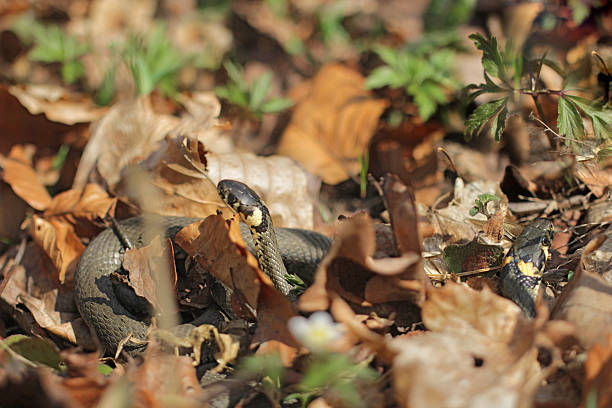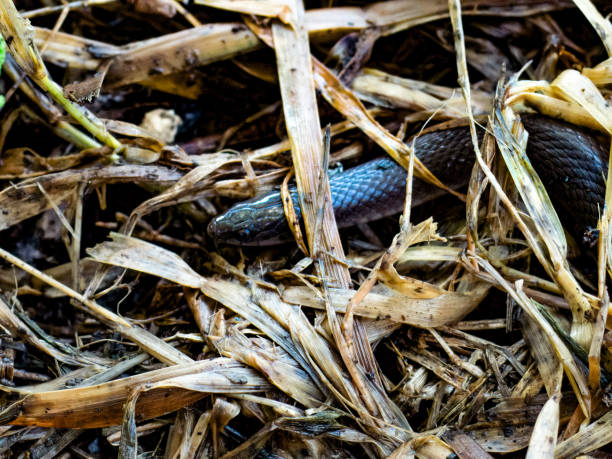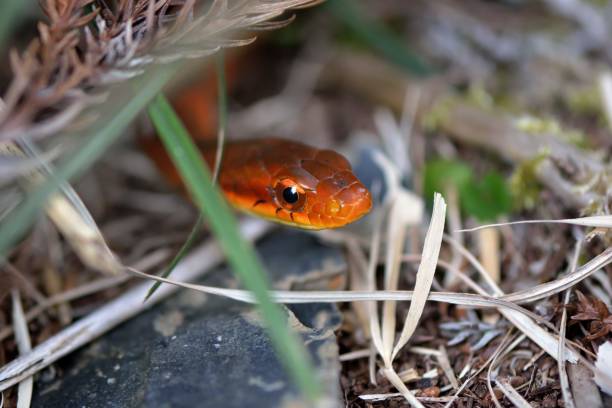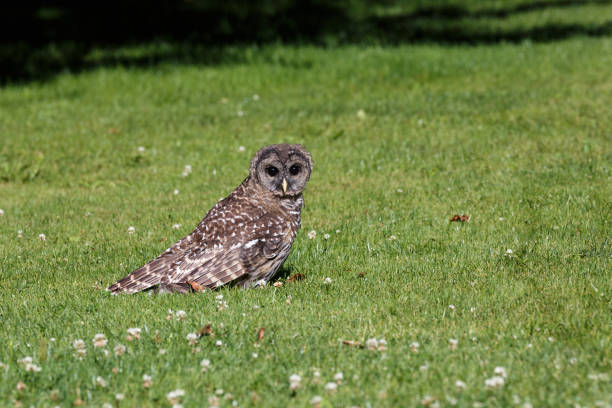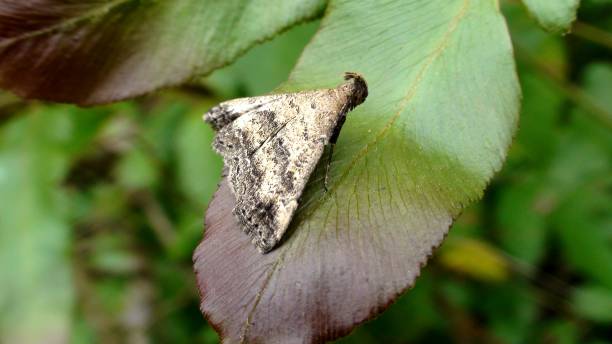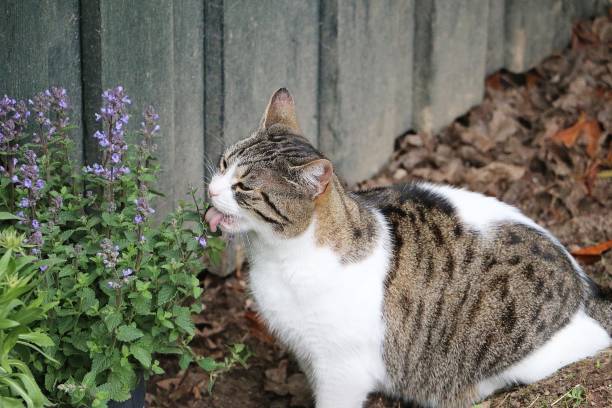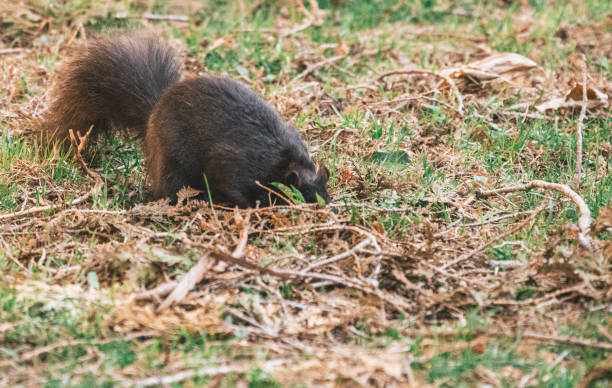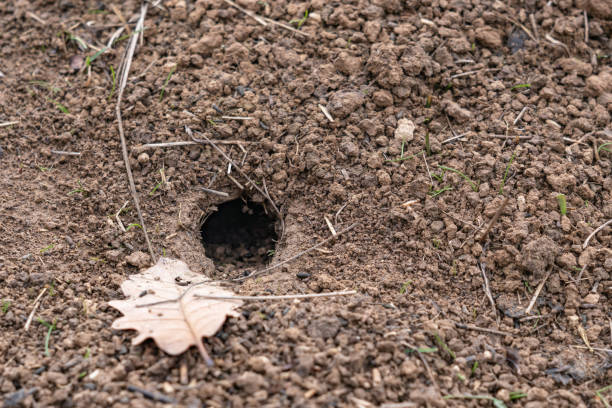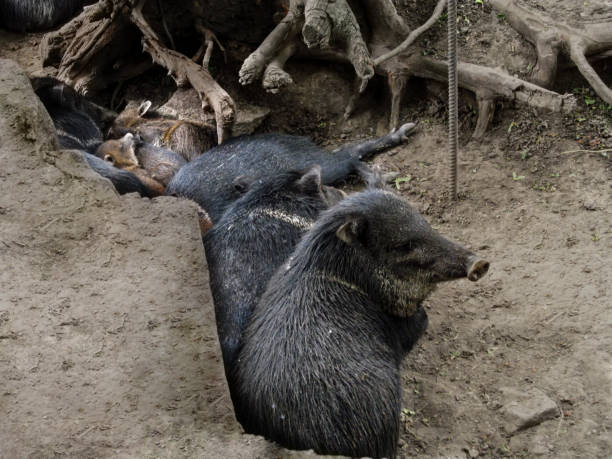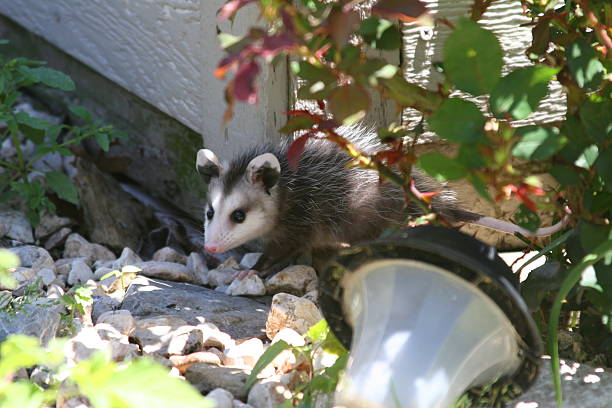Keeping Snakes out of Your Yard in Florida
This post contains affiliate links. This means I will make a commission at no extra cost to you should you click through and make a purchase. Read the full disclosure here.
Keeping Snakes Out of Your Yard in Florida
Florida is known for its diverse wildlife, including a wide variety of snake species. While most snakes in Florida are harmless, the presence of venomous snakes can be a cause for concern, especially if you have children or pets. To ensure the safety and tranquility of your yard, it’s essential to take proactive measures to keep snakes out. In this article, we’ll explore effective strategies to snake-proof your yard and create an environment that is unattractive to these slithering reptiles.
Understanding the Types of Snakes in Florida
Before delving into snake-proofing techniques, it’s important to familiarize yourself with the types of snakes found in Florida. The state is home to both venomous and non-venomous snake species.
Native Snake Species in Florida
Florida boasts an extensive range of native snake species, including both venomous and non-venomous varieties. Venomous snakes found in Florida include the Eastern Diamondback Rattlesnake, the Water Moccasin (Cottonmouth), the Coral Snake, and the Copperhead. Non-venomous snakes, such as the Black Racer, the Rat Snake, and the Garter Snake, are also common.
Common Snake Habitats in Florida
Snakes in Florida thrive in a variety of habitats, including forests, grasslands, wetlands, and suburban areas. Understanding their preferred habitats can help you identify areas of your yard that may attract snakes. Areas with dense vegetation, standing water sources, and ample food supply are particularly appealing to snakes.
Snake-Proofing Your Yard
Snake-proofing your yard involves a combination of landscaping practices, removing potential food sources, and installing barriers. By following these guidelines, you can significantly reduce the chances of snakes taking up residence in your yard.
Landscaping and Yard Maintenance
Maintaining a well-groomed yard is crucial in minimizing snake activity. Here are some landscaping tips to consider:
Clearing Debris and Clutter
Remove any piles of debris, such as logs, leaves, and branches, as they provide hiding spots for snakes. Keeping your yard clean and clutter-free reduces potential snake habitats.
Trimming Overgrown Vegetation
Regularly trim overgrown bushes, shrubs, and tall grasses to eliminate hiding places for snakes. Maintaining a well-manicured yard reduces the likelihood of snakes seeking refuge in your outdoor space.
Removing Food Sources
Snakes are attracted to areas with abundant food sources, particularly rodents. By controlling the rodent population and securing potential food sources, you can make your yard less appealing to snakes.
Controlling Rodent Populations
Implement measures to control rodent populations, such as sealing entry points to your home, setting traps, or hiring professional pest control services. By reducing the availability of rodents, you remove a primary food source for snakes.
Securing Trash and Pet Food
Ensure that your trash bins have tight-fitting lids to prevent rodents from accessing them. Additionally, don’t leave pet food outdoors, as it can attract both rodents and the snakes that prey on them.
Installing Snake Fencing and Barriers
Physical barriers play a crucial role in keeping snakes out of your yard. Consider the following measures:
Using Snake-Proof Fencing
Install snake-proof fencing around your property to prevent snakes from entering. The fence should be made of solid materials, such as heavy-gauge wire mesh, and extend both above and below ground to deter snakes from burrowing under or climbing over.
Sealing Crevices and Gaps
Inspect your home’s exterior and seal any gaps or crevices that could serve as entry points for snakes. Pay attention to gaps around pipes, vents, and utility lines.
Blocking Access Points
Ensure that doors and windows have proper seals and weatherstripping to prevent snakes from slithering inside. Installing door sweeps can also help keep snakes from entering your home.
Creating an Unattractive Environment for Snakes
Besides physical barriers, there are additional steps you can take to make your yard less appealing to snakes.
Minimizing Water Sources
Many snakes are attracted to areas with accessible water sources. To minimize their presence, eliminate standing water in birdbaths, ponds, or other containers. Fix any leaks or dripping faucets that might create a water source for snakes.
Utilizing Snake Repellents and Deterrents
Several natural and commercial snake repellents can be used as deterrents to keep snakes away from your yard.
Natural Repellents
Natural repellents like clove oil, cinnamon, and cedar oil can help deter snakes. These substances emit strong odors that snakes find unpleasant, encouraging them to stay away from treated areas.
Commercial Repellents
Commercial snake repellents are also available and can be an effective option. Follow the product instructions carefully when applying these repellents in your yard.
Educating Yourself and Your Family
Knowledge is essential in dealing with snakes. Educate yourself and your family members about snakes found in your area.
Learning about Snakes
Learn to recognize the characteristics of venomous snakes commonly found in your region. Understand their behavior and markings to avoid potential encounters.
Teaching Safety Precautions
Teach your family members, especially children, how to act when encountering a snake. Emphasize the importance of maintaining a safe distance and never attempting to handle or provoke a snake.
Dealing with Snake Encounters
Despite your best efforts, it’s still possible to encounter a snake in your yard. Knowing how to handle these encounters safely is crucial.
What to Do if You Encounter a Snake
If you come across a snake in your yard, follow these steps:
Maintaining Distance
Keep a safe distance from the snake, as most snake bites occur when people attempt to handle or get too close to them. Remember that snakes prefer to avoid human contact and will typically retreat if given enough space.
Calling Professional Snake Removal Services
If you’re unsure about the snake’s species or concerned about its presence, it’s best to contact a professional snake removal service. These experts can safely identify and relocate the snake without causing harm.
Preventing Snake Bites
Prevention is key to avoiding snake bites, especially when spending time outdoors.
Wearing Appropriate Footwear
When walking in snake-prone areas, wear closed-toe shoes or boots to protect your feet from potential snake bites. Avoid sandals or going barefoot in areas where snakes may be present.
Being Vigilant in Snake-Prone Areas
Stay vigilant in environments known to harbor snakes, such as tall grasses, wooded areas, and near bodies of water. Be cautious when hiking or exploring these locations, keeping an eye out for any signs of snake activity.
Conclusion
By implementing snake-proofing measures, creating an unattractive environment for snakes, and educating yourself and your family, you can significantly reduce the chances of snakes entering your yard in Florida. Remember to remain vigilant and prioritize safety when dealing with snake encounters. By following these guidelines, you can enjoy a snake-free yard and peace of mind.
FAQs
Q1: Are all snakes in Florida venomous?
No, Florida is home to both venomous and non-venomous snake species. It’s important to familiarize yourself with the characteristics of venomous snakes and learn how to differentiate them from harmless snakes.
Q2: Can I use mothballs to repel snakes from my yard?
While mothballs are sometimes suggested as a snake deterrent, their effectiveness is questionable. It’s better to utilize natural repellents or consider commercial snake repellents that have been specifically formulated for this purpose.
Q3: Should I kill snakes I encounter in my yard?
It’s generally recommended to avoid killing snakes unless there is an immediate threat to human or pet safety. Instead, contact a professional snake removal service to handle snake encounters safely.
Q4: How often should I inspect my yard for potential snake entry points?
It’s a good practice to inspect your yard regularly, especially before snake activity increases during warmer months. Look for any gaps, crevices, or other entry points that snakes could use and promptly seal them.
Q5: Can my pets protect my yard from snakes?
While some pets may deter snakes to some extent, it’s important to remember that snakes can still pose a danger to animals. Implementing snake-proofing measures in addition to keeping a close eye on your pets is the best approach for ensuring their safety.

